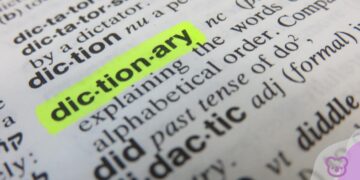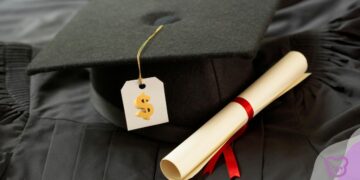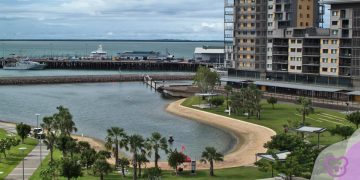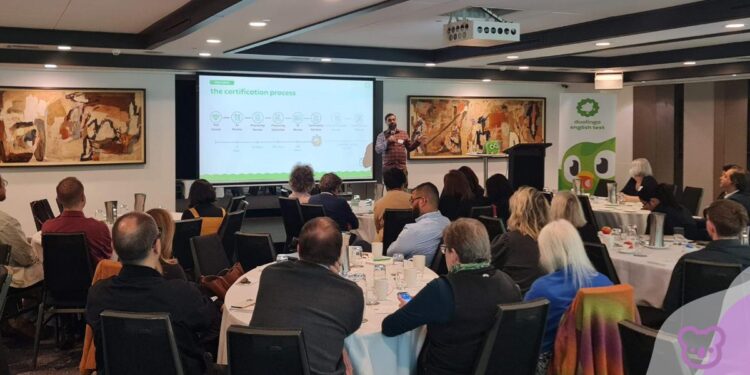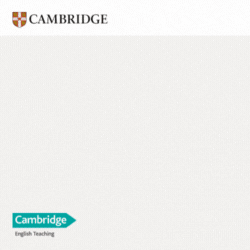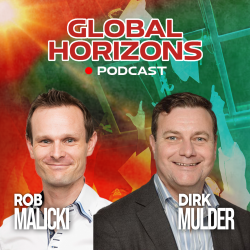This past week, Duolingo, in conjunction with English Australia and with support from Professor Phillip Dawson, head of Deakin’s CRADLE research centre, held back-to-back masterclasses titled “Integrity, Authenticity & the Future of Assessment”, designed to address urgent questions around fairness, trust, and innovation in digital assessments. The events were free for employees of CRICOS-registered institutions — and took place in Melbourne (23 September) and Sydney (25 September).
The masterclasses brought together experts in assessment design, security, and psychometrics. Key speakers include Professor Phillip Dawson of Deakin, Basim Baig (Head of Security, Duolingo), and Dr Masha Kostromitina (Assessment Specialist, Duolingo).
Over the course of the day, participants explored how assessment integrity can be built into systems from the beginning—rather than added later. Topics covered included: what constitutes cheating versus design failures; managing integrity in AI-enabled assessments; balancing standardisation with authentic learner experience; the economics of cheating; and how to design trustworthy, future-ready assessments.
It was clear from the day that assessments need not only to be secure but also learner-centred, ensuring fairness and authenticity. For institutions operating within the ELICOS sector (English language schools), this means grappling with how modern tools like AI can help—and where they might threaten integrity if misused.
With more Australian universities now recognising the Duolingo English Test for admissions along with recent moves by the UK Home Office which is currently consulting on a ‘Digital by Default’ approach it seems more a matter of ‘when’ and not ‘if’ the Department of Home Affairs will explore digital testing pathways for international students.

